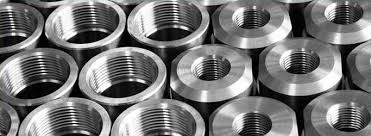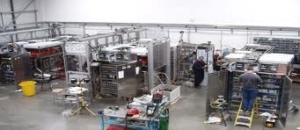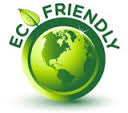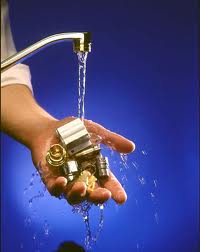Potential Cost Benefits of Using Water Based Cleaners
Unlike solvent based cleaners, which have a base that is comprised of mostly chemicals, water based cleaners have a base that is made of mostly water. Solvent based cleaners are commonly thought to be more powerful than water based cleaners, but this is not necessarily the case. A water based cleaner can be highly efficacious when it is administered at high temperatures and water in the solution is ionized or infused with an additional oxygen atom.
Potential Cost Benefits
In addition to being used for their excellent cleaning power, water based cleaners are also administered for their potential cost saving benefits, especially by companies that use a large volume of cleaner on a regular basis. Below, we take a look at some of the cost saving opportunities companies realize when they use a water based cleaner that is considered safe for humans and the environment according to scientific analysis that the EPA validates.
Reduced Waste Disposal Costs
Waste disposal cost is determined largely by two factors: the amount of solvent that must be removed from the waste trap, and the measures disposal specialists must take to remove the solvent. Removing solvent that contains a high percentage of chemicals that could cause health problems and/or environmental contamination often entails the most complex removal process.
Fewer Employee Sick Days Taken
Cleaners that contain a high percentage of chemicals that cause acute health conditions such as upset stomach, dizziness, respiratory distress, etc., are well-known for taking workers out the work environment and sending them home sick, as they deal with the negative health effects. Water based cleaners that contain few chemicals can be less prone to cause such reactions.
Reduced Need for Protective Equipment
From a safety perspective, it may not be feasible to eliminate all forms of personal protective equipment (PPE), but investing in a lower level of PPE that offers less comprehensive protection against chemicals in the work environment, and thus costs less, may indeed be an option. Reducing the level of PPE should always be done on the advice of a chemical safety consultant.
Lower Cleaner Purchase Price
Some cleaning solvents are quite inexpensive to make, but they are generally not as affordable as water. Furthermore, the chemical formulation process often involves more steps and equipment than the water ionization or infusion process. Sales targets and number of units produced also impact price. However, if you need a water based cleaner that has a lower price point than the chemical based cleaner you currently use, we can certainly help you find one.
Reduced Need for Special Ventilation
Special ventilation systems that are designed to remove specific airborne contaminants typically contain technology that makes them more expensive than conventional ventilation systems. Because water based cleaners are formulated primarily with water and not chemicals, choosing a water based cleaner that has an excellent safety profile may prevent the need to install a special ventilation system in the work area where the solution is routinely administered.
Need to Replace Solvent Based Cleaners?
If so, replacing them with water based cleaners is an excellent options. Not only can water based cleaners be formulated to clean as efficaciously as solutions that are primarily comprised of chemicals, but they can also offer several cost saving benefits, depending on the specific solutions you choose. For assistance identifying the best water based replacement cleaners for your solvent based cleaners, call us today at (800) 563-1305 to receive a free consultation.





